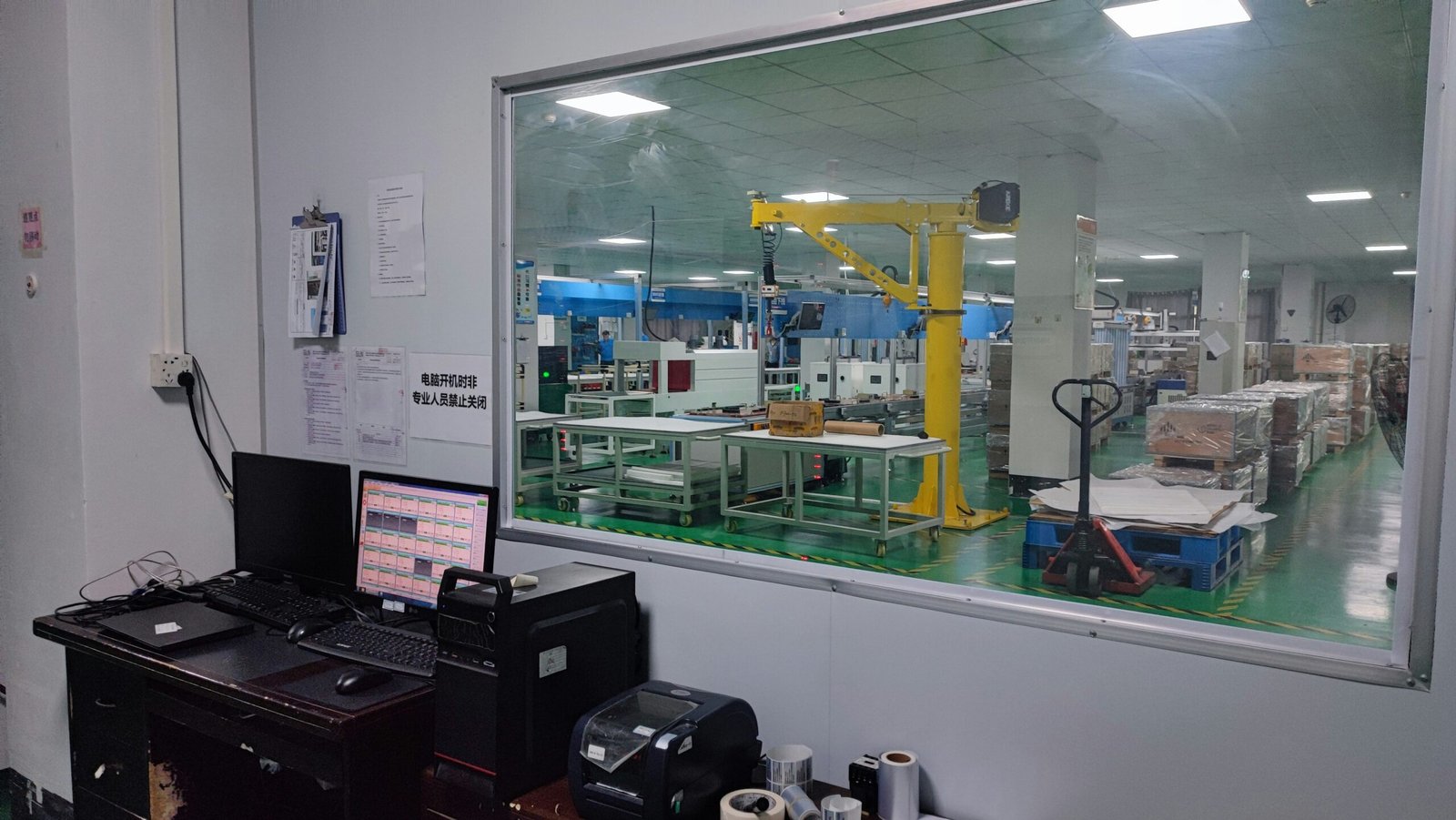Introduction to Control Design and Generative AI
Control design is a fundamental aspect of engineering that involves the development of systems to manage the behavior of dynamic processes. It encompasses a variety of methods and techniques aimed at ensuring that a system operates as intended, achieving desired performance criteria while adhering to constraints. Effective control design holds significant importance in various industries, including aerospace, automotive, robotics, and manufacturing, where precise control of systems is critical to their performance and safety.
At its core, control design integrates mathematical modeling and feedback mechanisms to predict and adjust system responses. Classical control techniques, such as PID control (Proportional-Integral-Derivative), have established a foundation for ensuring stability and performance in diverse applications. However, with advancements in technology and increasing system complexities, there is a growing need for more sophisticated approaches that can handle nonlinearities, uncertainties, and multi-variable interactions.
Generative Artificial Intelligence (AI) represents a transformative technology that offers innovative solutions to contemporary challenges in control design. By leveraging algorithms that can generate new data based on learned patterns, generative AI provides powerful tools for model development and optimization. This technology operates through core principles such as neural networks and deep learning, enabling the analysis of vast datasets to create predictive models. This not only enhances the design process but also aids in the simulation and predictive control of complex systems.
The intersection of generative AI and control design is emerging as a promising frontier. It has the potential to revolutionize traditional methodologies by introducing adaptive and intelligent control strategies. By harnessing the capabilities of generative AI, engineers can develop more resilient and efficient control systems that can adapt to changing conditions and optimize performance in real time. This progressive approach paves the way for significant advancements in system reliability and operational efficiency across various sectors.
Applications of Generative AI in Control Design
The implementation of generative AI in control design has shown remarkable results across various industries, elevating the efficiency and reliability of complex systems. In the realm of robotics, for instance, generative AI is employed to refine control algorithms that govern the movement and operations of robotic systems. By analyzing vast datasets, AI can generate models that enable robots to adapt to dynamic environments, thereby improving their responsiveness and functionality. This adaptability is particularly significant in scenarios such as manufacturing, where robots must perform various tasks with precision.
In the aerospace industry, the utilization of generative AI has revolutionized the design process of control systems for aircraft. By leveraging simulation data, AI can create innovative control strategies that optimize flight performance and enhance safety. For example, AI-generated models allow aerospace engineers to test different flight scenarios without the risks associated with real-world testing, ensuring that control systems are robust and reliable. Furthermore, the predictive capabilities of generative AI facilitate the early identification of potential issues, allowing for timely interventions that can prevent costly failures.
The automotive sector also stands to benefit significantly from the applications of generative AI. In this industry, AI-driven simulations and models are used for optimizing control strategies in autonomous vehicles. Generative AI can analyze traffic patterns, vehicle dynamics, and environmental conditions to develop intelligent control systems that enhance navigation and safety systems. Additionally, generative AI contributes to predictive maintenance techniques by analyzing data from vehicle sensors, predicting parts failures, and scheduling timely maintenance. This proactive approach not only extends the lifespan of vehicle components but also enhances overall vehicle performance.
Challenges and Considerations of Implementing Generative AI
The integration of generative AI into control design is not without its challenges. One major hurdle is the quality and availability of data. Generative AI systems rely heavily on large datasets to learn patterns and make predictions. If the data is incomplete, biased, or of low quality, the outcomes produced by these systems can be flawed, leading to suboptimal control designs. Thus, ensuring the integrity and reliability of the data used is crucial for the successful deployment of generative AI technologies.
Another significant concern is algorithmic bias. Even with high-quality datasets, generative AI algorithms can perpetuate and even exacerbate existing biases, particularly if the dataset reflects historical inequalities. This can present ethical dilemmas, particularly in areas such as automated decision-making within control systems, where biased algorithms may lead to unfair or discriminatory outcomes. As such, a thorough review of the algorithms and their potential social implications is necessary to uphold ethical standards.
Compliance with safety standards poses another challenge as generative AI systems must not only deliver innovative solutions but also meet stringent safety regulations. This requirement necessitates a deep understanding of both the AI technologies and the regulatory landscape to ensure that these advanced systems do not compromise safety and are able to perform reliably under diverse conditions.
The skills gap in engineering teams is another critical consideration. Many professionals may lack the necessary expertise in AI technologies, hindering their ability to implement and effectively utilize generative AI in control design. To bridge this gap, ongoing training and education must be emphasized, enabling engineers to balance the innovative potential of AI solutions with the need for responsible and accountable practices.
Lastly, transparency in AI decision-making is essential to foster trust among stakeholders. As generative AI systems increasingly influence control design, understanding how these systems arrive at decisions is vital for ethical and effective implementation. Therefore, addressing these challenges will be integral to harnessing the full potential of generative AI in control design.
Future Trends and Prospects for Control Design with Generative AI
As we observe the ongoing evolution of control design, one cannot overlook the profound impact of generative AI technologies. The integration of advanced machine learning algorithms into control systems is set to revolutionize how these systems operate. With enhanced capabilities for analyzing vast amounts of data, machine learning will enable adaptive control strategies that evolve over time, learning from real-world applications and user interactions. This will lead to more intelligent systems capable of responding dynamically to changes in operating conditions.
An essential aspect of this transformation is the emergence of real-time data processing capabilities. As generative AI models increasingly incorporate real-time information from various sensors and sources, control systems will become more agile and responsive. This capability will facilitate real-time monitoring and prediction of system behavior, enabling preemptive adjustments to optimize performance. Such advancements are critical in sectors such as manufacturing, where efficiency and precision are paramount.
Moreover, the adoption of digital twins—the digital replicas of physical systems—is likely to gain momentum in the coming years. Coupled with generative AI, digital twins will allow for simulation-driven design processes, enabling engineers to test various scenarios and implement improvements before deploying solutions in the real world. This synergy between generative AI and digital twin technology could lead to significant reductions in development time and costs, while enhancing overall system performance.
Looking ahead, the importance of collaboration between AI experts and control engineers cannot be overstated. By fostering interdisciplinary partnerships, the industry will be better positioned to explore innovative solutions and fully leverage the potential of generative AI in control design. Continued research in this domain will not only improve system adaptability and efficiency but will also pave the way for groundbreaking applications in various industries, ensuring a smarter, more responsive future.









